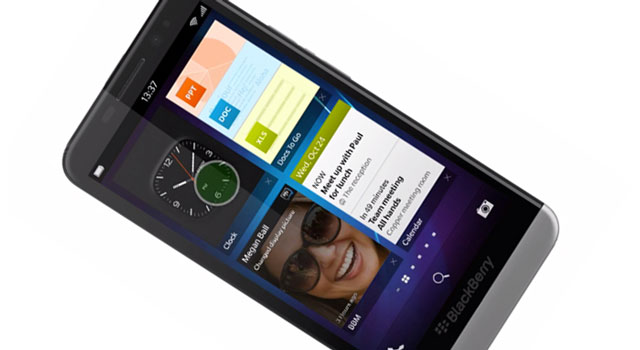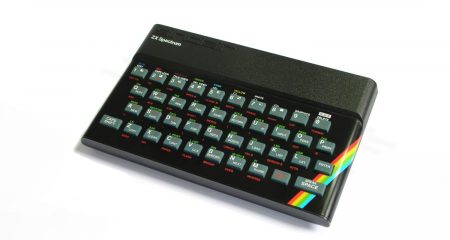
BlackBerry has taken the wraps off a new flagship smartphone, the Z30, powered by the BlackBerry 10 (BB10) operating system. The Z30 includes a 5-inch touch display and its 2 880mAh battery is the largest the company has ever put in a smartphone.
BlackBerry has confirmed the 5-inch display will be a super Amoled screen with a resolution of 720p. The Z30 also includes a 1,7GHz processor, graphics chip and stereo speakers.
The primary camera will capture 8-megapixel stills and shoot video at 1080p. The secondary 2-megapixel camera will capture 720p video. In terms of connectivity, the Z30 will support 4G/LTE alongside dual-band Wi-Fi (a/b/g/n varieties). It will also include support for Bluetooth 4.0 and near-field communication.
The company has not confirmed pricing for the handset.
The Z30 will run version 10.2 of BB10 when it is launched. It’s expected the device will be launched in the UK and Middle East next week and will be rolled out to other markets before the end of the year.
Version 10.2 of BB10, meanwhile, is expected to be available for the Z10, Q10 and Q5 smartphones from mid-October.
One of the key features of the updated operating system is BlackBerry Priority Hub, a refinement of the existing BlackBerry Hub that can “learn what conversations and what people are important to you, making it fast and easy to find the messages and information you need”, the company says.
Another addition is BlackBerry Messenger (BBM) Now, which gives users a preview of any message as it arrives, regardless of which app they’re using. Users can dismiss the notification, read the full content of the message or reply without leaving their current app.
Watch a BlackBerry-supplied video showing the new Z30:
In August, BlackBerry announced that a special committee of its board was investigating options for the company’s future, including possibly selling the company. Other options being considered include joint ventures and possible strategic partnerships or alliances.
The company continues to struggle to regain market share in the smartphone market having lost ground to Apple’s iPhone and to the wide range of Android devices on the market.
Though it was hoped the Z10 and Q10 devices would help turn the company’s fortunes around, sales have been slower than expected, prompting the company to cut the price of the Z10 in July.
Although BlackBerry hasn’t revealed how many Q10 handsets it’s sold, reports suggest there’s been little to no demand for the device, despite BlackBerry hoping that fans of its physical keyboard handset would be queueing for one when it launched. Many of even the company’s most die-hard fans may simply have moved on to other platforms. — (c) 2013 NewsCentral Media




